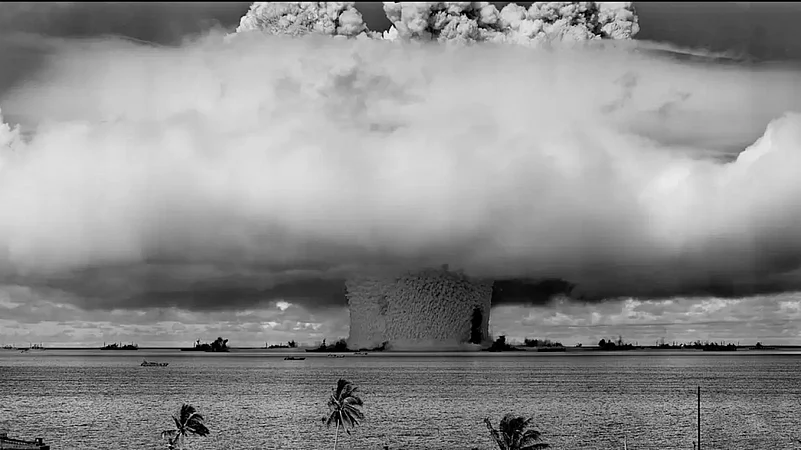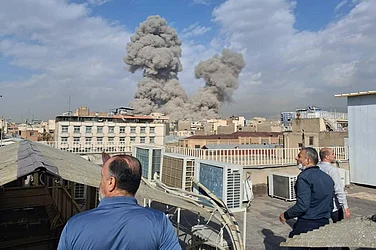July 16, 1945, was a red-letter day in history as it marked the start of a novel period—the Atomic Age. At a distance of approximately 210 miles (340 km) from Los Alamos, New Mexico, within the Jornada del Muerto desert basin, the United States experienced the first nuclear blast. Being detonated by the plutonium bomb, this event let loose an enormous amount of energy - approximately 18.6 kilotons. From this starting point, a chain of events was triggered, fundamentally transforming the future.
A swift 30-day turnaround marked by cataclysmic change, the US atomic bombings of Hiroshima and Nagasaki in early August left their mark on history. The aftermath of those fatal bombings caused over 100,000 instant deaths, while many more succumbed to radiation sickness and cancer in the subsequent years. Throughout history, the remnants of those occurrences and the effects of nuclear weapon testings have persisted.
Concerned about the consequences of nuclear testing and seeking a world with no nuclear weapons, the United Nations has designated August 29 as the International Day against Nuclear Tests.
From 1945 to the present, at least eight countries have conducted a total of 2,056 nuclear tests, with the US leading the count with over half. Trailing only the United States, the Soviet Union conducted the second-most nuclear weapon tests. Following these examinations, there are ominous aftereffects: persistent health problems, environmental contamination, and geopolitical strains.
Radiation exposure as a result of nuclear exams has led to on-the-spot fitness influences consisting of nausea and vomiting and lengthy-term effects, together with extended rates of most cancers. The radioactive fallout can contaminate good-sized areas of land for decades, affecting generations to come. The devastating effects on human lives and the environment emphasize the pressing need for international efforts to prevent nuclear proliferation and promote disarmament.
Nuclear checks were performed throughout the globe, from deserts to oceans, impacting diverse regions and groups. Some checks had been performed openly, while others had been secretive or unconfirmed. The consequences of these exams have transcended borders, affecting both human fitness and ecosystems.
As the sector commemorates the International Day aganist Nuclear Tests, it's a solemn reminder of the importance of safeguarding aganist the catastrophic consequences of nuclear weapons. It is a name to motion for nations to unite in their commitment to stopping nuclear tests and striving for a world in which the risk of nuclear weapons is eradicated, making sure of a more secure and extra secure destiny for all.


























